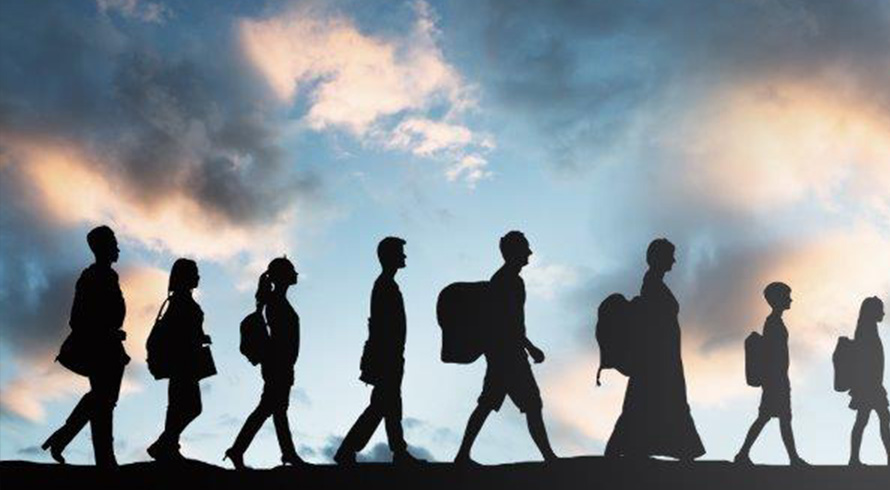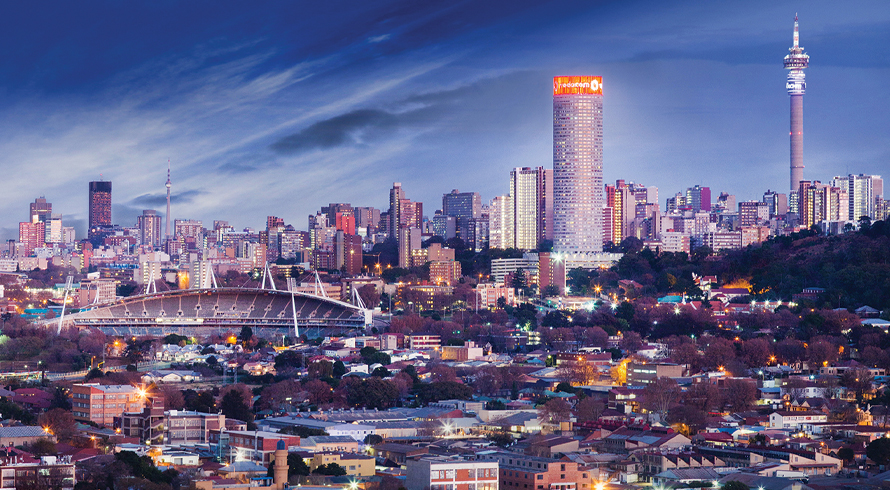The Regulations Relating to the Surveillance and Control of Notifiable Medical Conditions (Amendment): A new regulatory scheme
At a glance
- President Ramaphosa ended the National State of Disaster in South Africa in April 2022, repealing all regulations made under the Disaster Management Act.
- The Minister of Health subsequently published new Regulations relating to mask mandates, gatherings, and travel into the country, introducing a slightly different regulatory scheme.
- The Regulations require the wearing of face masks in public places, impose restrictions on gatherings based on vaccination status, and establish requirements for people entering the country. Workplaces may be considered public places, and employers have the duty to maintain a safe working environment.
A month later, on 4 May 2022, the Minister of Health, Dr MJ Phaahla (Minister) published the Regulations Relating to the Surveillance and Control of Notifiable Medical Conditions: Amendment (Regulations) in terms of sections 90(1)(j), (k) and (w) of the National Health Act 61 of 2003 (NHA). The Regulations came into effect upon publication.
The Regulations introduce a slightly different regulatory scheme to the one South Africans have become accustomed to over the past two years, although several features of the old system remain. They amend Regulation 16 of the regulations published on 15 December 2017 (2017 Regulations) in terms of the NHA, by inserting Regulations 16A to 16C, focusing in particular on mask mandates, gatherings and the regulation of persons entering the country.
Mask mandates
Regulation 16A concerns the mask mandate. It first describes a face mask as a cloth face mask, a homemade item that covers the mouth and nose, or another appropriate item that covers same. Next it provides that when entering or being inside a public place, a person must wear a face mask and that no person may use any form of public transport without one. Lastly, the regulation confers rather broad powers on the Minister to determine the necessity of its provisions and to repudiate or reinstate the regulation accordingly.
Gatherings
Regulation 16B, meanwhile, deals with gatherings. We have previously written on the regulatory scheme of this subject at the hands of the Transitional Regulations published on 4 April, and the new scheme includes a few changes. The regulation first defines a gathering as a planned assembly or meeting at a particular venue that involves more than 100 people, whether for faith-based, religious, social, political, cultural, sporting, economic or recreational purposes. Notably, unlike the previous, pre-transitional scheme, this definition does not exclude the workplace, and the inclusion of a meeting for economic purposes may well indicate an explicit inclusion thereof. The regulation further defines the term “vaccinated against COVID-19” as having received at least one dose of a vaccine approved for use in respect of COVID-19 by the South African Health Products Regulatory Authority or listed for the purpose by the World Health Organization.
The regulation regulates indoor and outdoor gatherings as follows:
- where those in attendance are vaccinated or in possession of a negative COVID-19 test no older than 72 hours: the venue may not exceed 50% capacity; and
- where those in attendance are unvaccinated or not in possession of a negative COVID-19 test no older than 72 hours: the gatherings are restricted to 1,000 people or less for indoor venues or 50% of the maximum capacity (whichever is smaller) and 2,000 people or less for outdoor venues or 50% of maximum capacity (once again, whichever is smaller).
It further enjoins all owners or proprietors of indoor or outdoor facilities where gatherings are held to display the certificate of occupancy which sets out the maximum number of persons that the facility can hold. It allows, however, that accommodation establishments such as hotels, lodges and guest houses may reach full capacity of the rooms available for accommodation, provided that patrons wear face masks in common areas. The regulation only excludes basic education institutions from the total reach of its provisions. Lastly, it also confers the same powers on the Minister as conferred by 16A.
Travel into South Africa
Regulation 16C pertains to people entering the country. It provides that any person entering the country must produce proof of vaccination, a negative PCR COVID-19 test not older than 72 hours at the time of departure, a negative antigen COVID-19 test not older than 48 hours at the time of departure, or a positive PCR test not older than 90 days and at least 10 days old at the date of arrival, accompanied by a signed letter from a registered health official stating that the person has fully recovered from COVID-19. If a traveller fails to comply with the above, they will need to take an antigen test upon arrival. If the test result is positive, the person may still be admitted, on the further condition that they will isolate if symptomatic. This regulation excludes children under 12 years old and daily commuters from neighbouring countries. It also confers powers on the Minister similar to those conferred by 16A and 16B.
Implications for workplaces
The workplace implications of these provisions are two-fold. First, they raise the question of whether workplaces constitute “public places” for the purposes of Regulation 16A. Neither these Regulations, the 2017 Regulations, nor the NHA define what public places are, but several old cases offer a few indications. Clair v Port Elizabeth Harbour Board; Kennedy v The Same [1885¬–1887] 5 EDC 311 defined public places as places that are open to and used by the public; Rex v Mjoli [1934] EDL 236 found a faction fight that arose at a wedding feast to constitute a species of public violence; and Rex v Umfaan [1908] TS 62 declared that two employees in the private yard of a contractor in whose employ they were, were not at a public place. More modern definitions also maintain the notion that public places are places to which the public or a substantial group of members of the public has access, including but not limited to the common areas found in apartment buildings, schools, office buildings and hospitals. Workplaces whose ordinary business involves interaction with customers seem clearly to constitute public places. It is less clear whether this applies to workplaces where only employees generally gain access, but on the strength of the above, arguments could be made that any common areas found in those places also constitute public places. This would enjoin employers to still enforce mask mandates in those areas.
At any rate, section 8(1) of the Occupational Health and Safety Act 85 of 1993 (OHSA) places a duty on employers to maintain, as far as reasonably practicable, a safe, risk-free working environment. Thus, regardless of the Regulation 16A “public places” debate, the OHSA affords employers the right to enforce mask mandates in line with their duties to maintain safe, risk-free working environments. This aspect will be regulated by the employer’s occupational health and safety policy.
Second, as previously noted, workplaces also now qualify as spaces in which “gatherings” in terms of Regulation 16B may occur. But the definition of a gathering now requires a minimum of 100 persons. Employers are thus enjoined to enforce the limitations imposed by Regulation 16B whenever more than 100 persons (employees or otherwise) gather on their premises.
Of interest is that Judge Hayley Slingers last week dismissed a challenge which focused on the 30-day public comment period before regulations are published in terms of the NHA. The applicant (Action 4 Freedom), inter alia, sought a ruling from the High Court that declared that the consultation process that was followed by the Minister in terms of section 90(4)(c) of the NHA was ultra vires and invalid. Click here for the judgment.
The information and material published on this website is provided for general purposes only and does not constitute legal advice. We make every effort to ensure that the content is updated regularly and to offer the most current and accurate information. Please consult one of our lawyers on any specific legal problem or matter. We accept no responsibility for any loss or damage, whether direct or consequential, which may arise from reliance on the information contained in these pages. Please refer to our full terms and conditions. Copyright © 2026 Cliffe Dekker Hofmeyr. All rights reserved. For permission to reproduce an article or publication, please contact us cliffedekkerhofmeyr@cdhlegal.com.
Subscribe
We support our clients’ strategic and operational needs by offering innovative, integrated and high quality thought leadership. To stay up to date on the latest legal developments that may potentially impact your business, subscribe to our alerts, seminar and webinar invitations.
Subscribe



